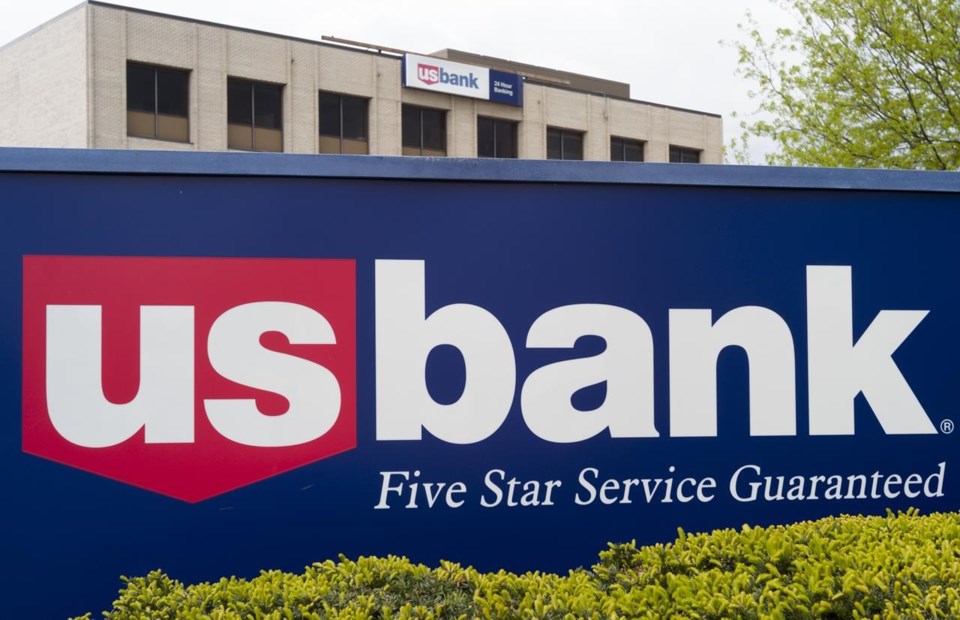NEW YORK (AP) — Key financial regulators on Friday approved U.S. Bank's $8 billion acquisition of Japanese financial titan MUFG's Union Bank franchise, clearing big regulatory hurdles for a deal that will push U.S. Bank closer to the size of Wall Street’s mega banks.
But in reaching those approvals, both the Office of the Comptroller of the Currency and the Federal Reserve expressed concern about the recent growth of so called “super regional” banks like U.S. Bank, Truist and PNC Financial.
The OCC stipulated in its approval that U.S. Bank must find ways to quickly and easily sell off parts its business in cases of severe economic distress.
“In reaching this decision, the OCC carefully considered the effect of the U.S. Bank and MUFG Union Bank merger on communities, the banking industry, and the U.S. financial system,” said Acting Comptroller of the Currency Michael J. Hsu. “The OCC also took into account ... how best to ensure that large banks do not become the next class of too big to fail institutions.”
Meanwhile, Fed Governors said the central bank should consider new regulations for these super-regional banks that would recognize their recent growth in size and what risks they may now pose to the overall financial system.
The nation’s biggest Wall Street banks, technically known as globally systemically important banks, became some of the most strictly regulated institutions following the 2008 financial crisis. They are required to have so-called “living wills” to show how they would best unwind their businesses in case of bankruptcy.
While the Fed may not want to go as far as it did in putting guardrails on the mega banks like JPMorgan, it signaled that the super-regional banks are a growing concern.
“Since we know from experience that even noncomplex banks in that range can pose risks to the broader financial system when they experience financial distress, I am encouraged that the Board is seeking comment on an advance proposal to improve their resolvability,” Federal Reserve Vice Chair Lael Brainard said.
Minneapolis-based U.S. Bank proposed buying the Union Bank franchise from MUFG in September 2021, the latest of several large mergers among similar-sized institutions. The merger wave started — SunTrust and BB&T — to create Truist. PNC Financial bought the of Spanish bank BBVA last year.
Union Bank has retail branches primarily in West Coast states, with its main banking office in San Francisco. It also has commercial branches in Texas, Illinois, New York, and Georgia.
But unlike the SunTrust-BB&T merger and the PNC-BBVA merger, regulators seemed to take more time on the deal. U.S. Bank and MUFG had to extend their purchase agreement earlier this year to allow the longer regulatory approval.
The Department of Justice gave approval to the U.S. Bank-MUFG deal late last month, requiring U.S. Bank to sell off three bank branches for anti-competitive reasons.
Ken Sweet, The Associated Press




